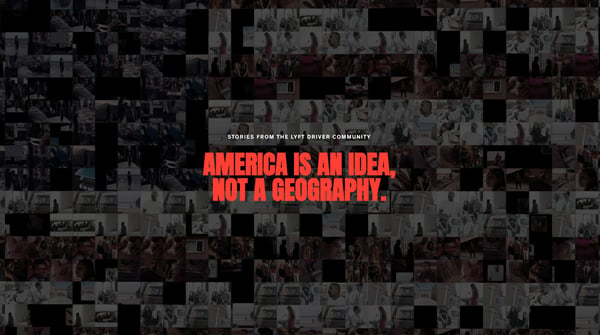.jpg?width=600&name=ben-white-gEKMstKfZ6w-unsplash%20(1).jpg)
As a marketing agency we oftentimes experience our clients shying away from risk and being unwilling to put their values front and center despite those values being authentic to their brand.
After all, the fear of uncertainty leads us to seek out security, causing us to make decisions that are risk averse. Fear is a primal, base instinct that is intended to protect us from things as uncertain and heart pounding as the fear of failure.
But fear? For all its power and its hold over us, fear is a liar.
And with all the uprooting and life-altering events, milestones and discussions that occurred in 2020, and the years leading up to it, consumers are clamoring for the brands that they support to clearly take a stand for the causes and beliefs that impact them. The power of doing so has a number of both tangible and intangible positive benefits that vastly outweighs the risks posed by not acting out of fear.
A study from Accenture found that more than half of consumers who are disappointed with a brand’s words or actions (or lack thereof) on a social issue complain about it, with 47% walking away in frustration and 17% not coming back at all.
And the Edelman Trust Barometer recently found that “80% of consumers agree businesses must play a role in addressing societal issues; they want a company to take actions which... improve social conditions and make the world a better place."
This sentiment plays out in the real-world example of Lyft’s Cities Talk Back Campaign, which was brought to life as a follow up to additional actions Lyft took following former President Trump’s immigration ban in 2017, when he announced an immediate block on all refugees, while also denying U.S. entry to citizens of seven predominantly Muslim countries.
When Uber failed to offer support in response to protests against the 2017 ban and received further significant negative attention from customers for the CEO’s role as an economic advisor to the former President, Lyft stepped up in a big way, despite the risks and fear of backlash from customers. The company donated $1 million to the ACLU and elevated the voices of those affected by the President’s actions.
The result? Lyft, for the first time ever, surpassed Uber in the Apple App store for downloads as customers deleted their Uber app and downloaded Lyft in droves.

The Cities Talk Back campaign underscored these initial steps, boldly elevating the stories of the immigrant community across the country with the core message: Many Lyft drivers are immigrants, and many more are from immigrant families — all living in a nation founded by immigrants.
In addition to showing the power of taking an authentic stand & communicating the core values of a brand, the campaign was also a success from an ROI standpoint: In just two weeks, the campaign generated 35 million impressions and more than 3 million content engagements.
The uptick in sales, the higher number of impressions and the increase in content engagements… all of this creates a strong business case for taking a stand and communicating your brand values. In addition to those tangible ROI results, some of the rewarding aspects of pushing past fear include: the ability to humanize your brand, build brand trust, bolster credibility, and create opportunities for deeper, more honest and lasting relationships with consumers and community partners.
Stay tuned for Part Two of this conversation next week, when we will lay out the tools you need to get to the “how” of messaging your mission!
